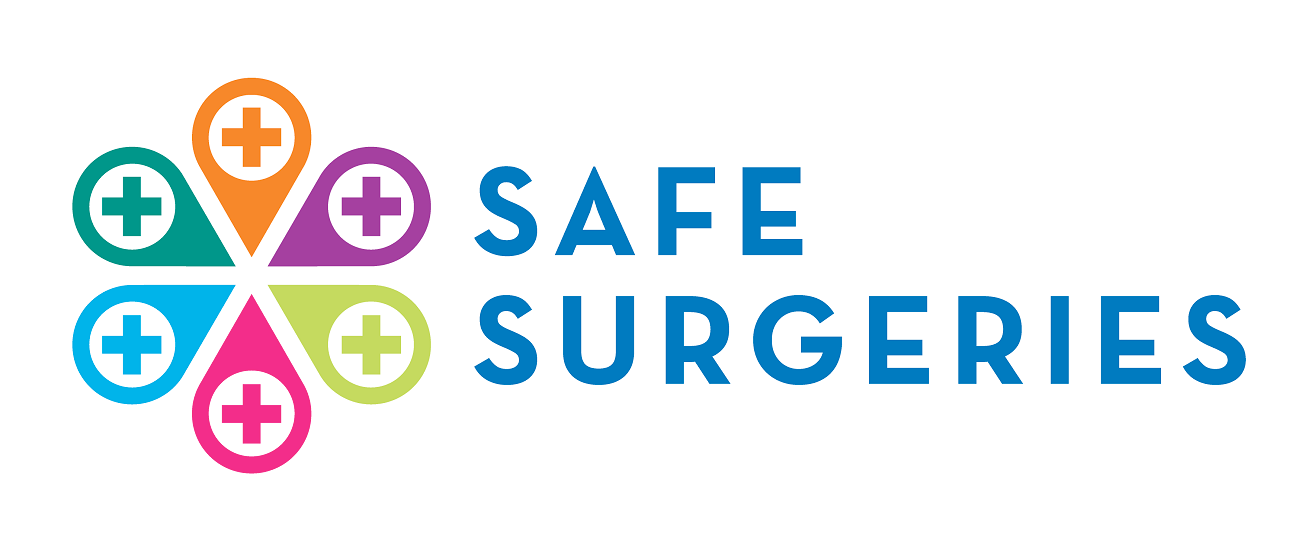The practice aims to offer high quality primary care services to all of its patients in the most effective manner.

We are proud to be a ‘Safe Surgery’ for everyone in our community. All are welcome. Everyone in the UK has the right to free care from a GP.
If you don’t have proof of ID or address, you can still register. Immigration status or nationality don’t matter - reception won’t ask for immigration documents and won’t share your information with the Home Office unless serious crime is involved.
We will ensure that our practice offers a welcoming space for everyone who seeks to use our services.
If you wish to register, please speak to a member of staff who can help and support you with the process of registration.
Ask reception for an interpreter if you find it difficult to communicate in English.
The practice would like to thank the various advertisers who have helped to
produce this Website. However, it must be pointed out that the accuracy of any
statements cannot be warranted, nor any products or services advertised, be
guaranteed or endorsed.